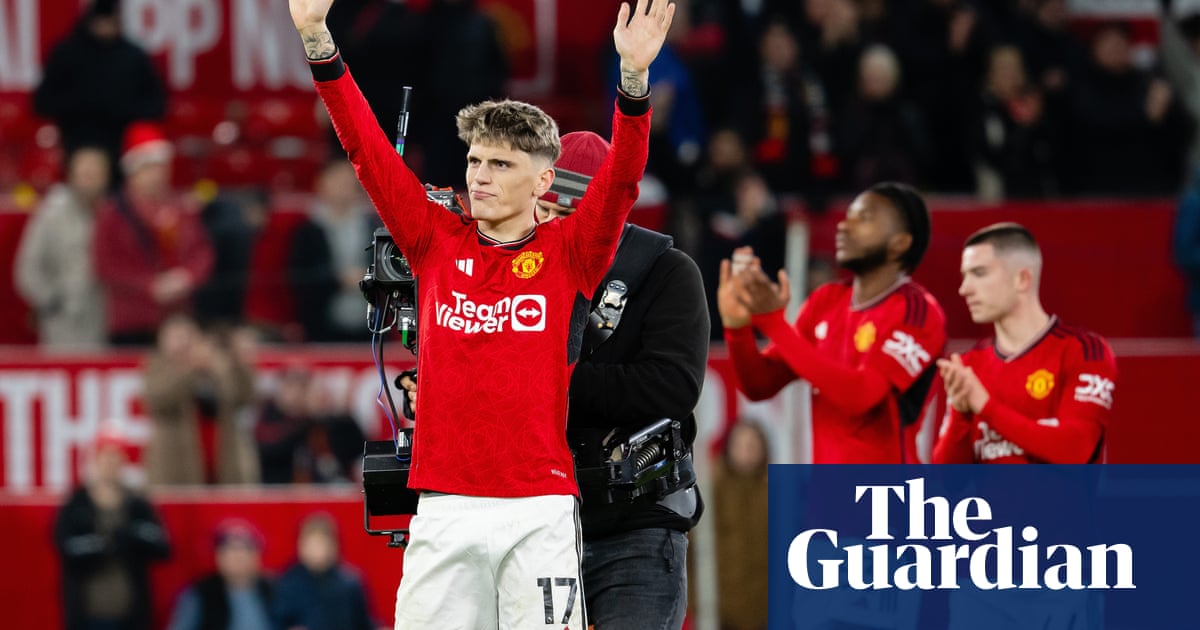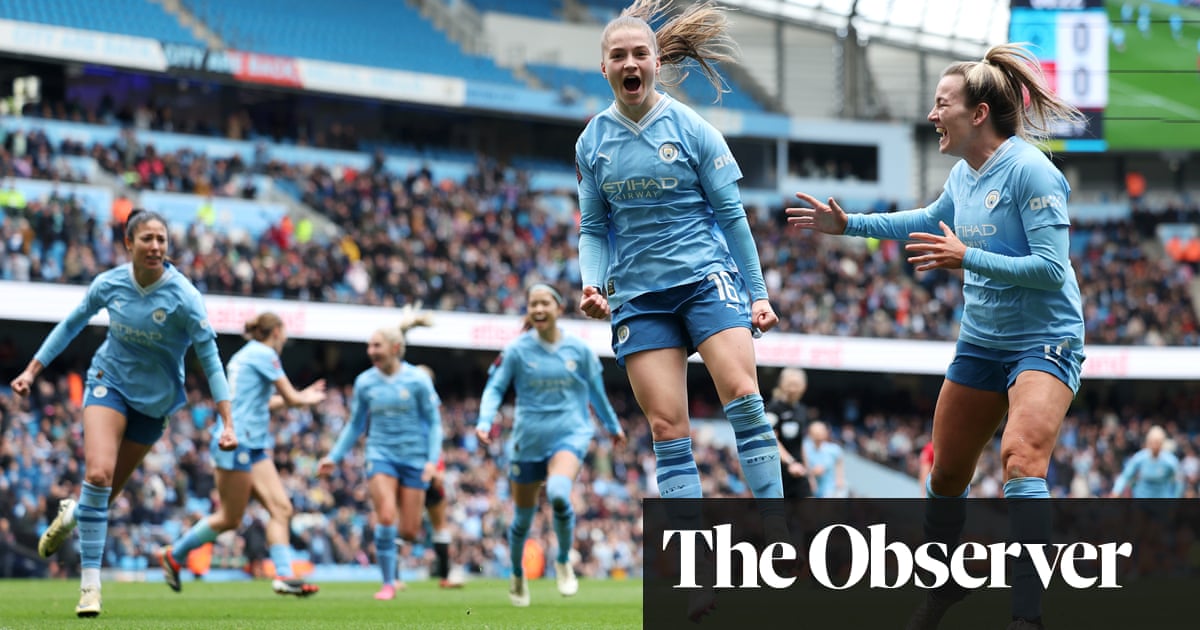
The Premier League will suffer an economic fallout from the coronavirus pandemic for “years to come”, with clubs facing a broadcasting bill of at least £20m even if the season is completed, Manchester United have warned.
United underlined the gravity of the financial crisis afflicting the wealthiest league in the world as they posted their financial results for the three-month period to the end of March. The club recorded a pre-tax loss of £28.55m between 1 January and 31 March, compared with a £11.117m pre-tax profit in the same period last year, as a result of the pandemic and the adverse change in the exchange rate with the US dollar.
The latest accounting period covers only 18 days of football’s lockdown but provides the first insight into the impact on the Premier League. Despite being one of the clubs best positioned to withstand the crisis because of their commercial and sponsorship deals, United’s third-quarter revenue fell by £28.4m to £123.7m. This was down to the pandemic’s impact on broadcasting and matchday revenues, which fell by £27.8m and £2.6m respectively. Commercial revenue increased by £2m to £68.6m because of new sponsorship deals. Year on year, United’s net debt soared by £127.4m to £429.1m.
United’s latest broadcasting figures – a 51.7% decrease on last year’s £53.8m – include a £15m rebate owed to broadcasters following the delay and changes to the schedule for the 2019-20 season. The club expect the rebate to reach £20m after 38 games, although that figure is likely to rise depending on when the season ends.
Ed Woodward, United’s executive vice-chairman, admitted the latest financial results “reflect a partial impact that the pandemic has had on the club, while the greater impact will be in the current quarter and likely beyond”. He added: “There are still profound challenges ahead, and for football as a whole, and it is safe to say it will not be ‘business as usual’ for some time.
“We remain one of the most popular teams in the most followed global sport and have created a strong financial base with diverse revenue streams. However, the repercussions of the pandemic are now being felt widely across the football community, not just by clubs but also by players, supporters, broadcasters, sponsors and many other stakeholders. We must recognise that this crisis will not disappear overnight and that the world that emerges will be different from how it was before.
“We remain firmly optimistic about the long-term prospects for the club and for our exciting young team once we have worked our way through what is undoubtedly one of the most extraordinary and testing periods in the 142-year history of Manchester United.”
Woodward confirmed he expected domestic football to resume next month, European football to return in August and, despite the inevitable delay to the start of next season, the 2020-21 campaign to end on schedule in May 2021. Questioned on a conference call with investors about players being tested for Covid-19, he said: “If something stops us going back, I don’t expect it to be this.”
Cliff Baty, United’s chief financial officer, estimated the lockdown cost United £23m in the final two weeks of March because of the postponement of one Premier League away fixture (worth £4m at Tottenham), a home Europa League last-16 tie against Lask, the FA Cup quarter-final at Norwich, broadcasting reductions plus the closure of the Old Trafford megastore, Red Cafe and United Events.
The managing director, Richard Arnold, said: “The economic ramifications from this global pandemic will continue to resonate for years to come, but we remain optimistic about the long-term outlook for the sponsorship business and our ability to remain a leader within the market.”












